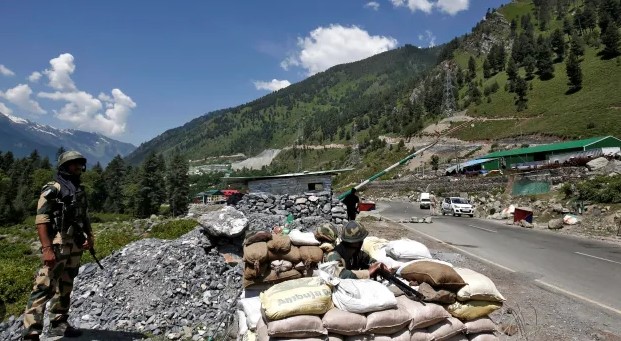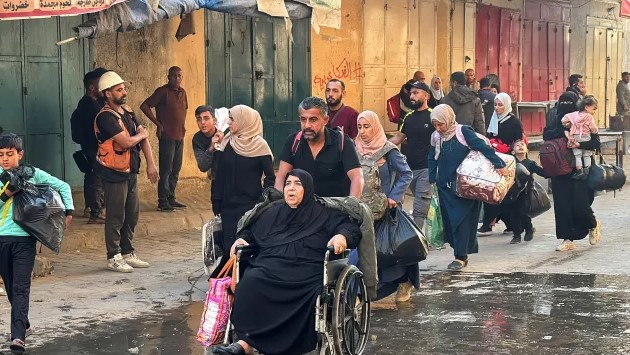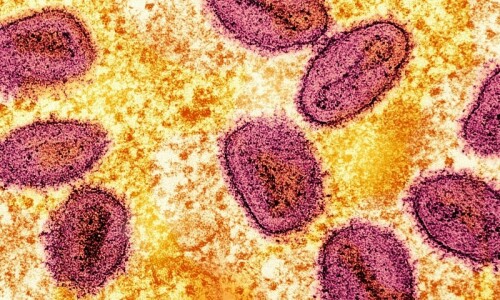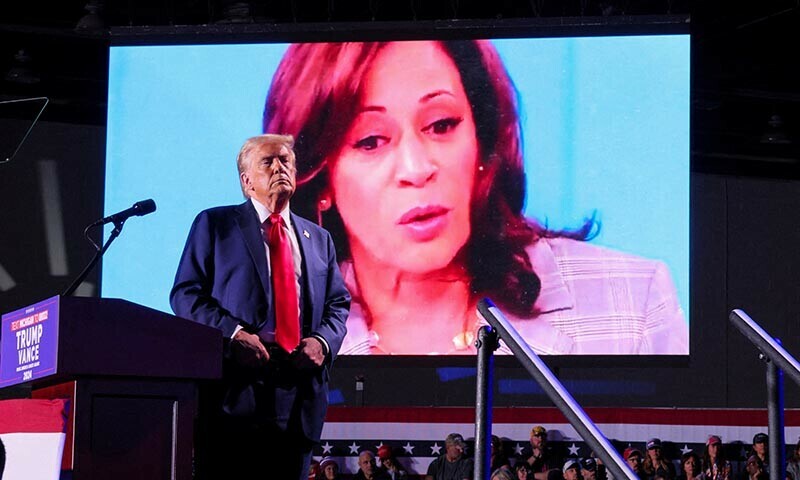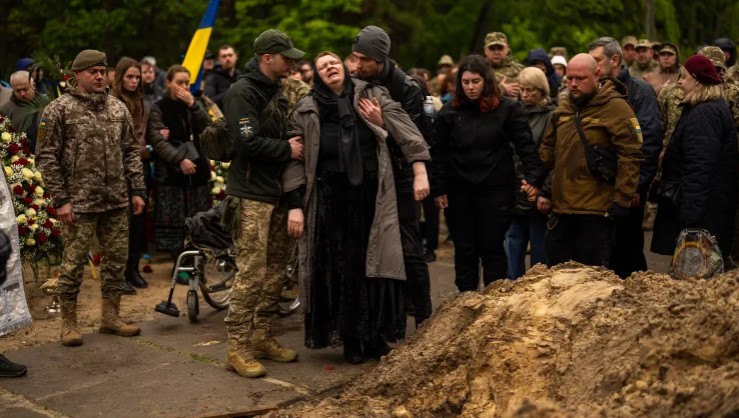WORLD NEWS
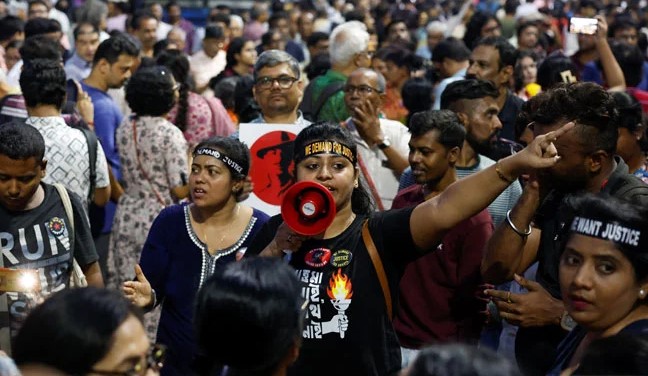
Junior doctors in Kolkata have ended their 17-day hunger strike, which was initiated in protest against the rape and murder of a fellow medical professional. The decision came after an appeal from the victim's parents, who expressed concern for the doctors’ health and the impact of the strike on healthcare services in the city.
Background of the Protest
The protest was triggered by the brutal crime involving a police volunteer, whose arrest followed the discovery of the victim's body at R.G. Kar Medical College and Hospital on August 9. The incident sparked nationwide outrage and protests throughout August and September, highlighting the urgent need for improved safety measures for women in India.
During their hunger strike, the doctors voiced demands for enhanced security and improved conditions in government hospitals, as well as justice for their slain colleague. Several participants suffered severe dehydration and required hospitalization during the strike.
Meeting with Chief Minister
On Monday, junior doctors met with West Bengal Chief Minister Mamata Banerjee, who addressed their concerns regarding hospital safety and security. According to Dr. Debasish Halder, a spokesman for the protesting doctors, Banerjee agreed to most of their demands during the meeting.
“We will continue our movement for justice and a secure healthcare system,” Halder stated, adding that the doctors would monitor the progress of the Chief Minister's assurances for change.
Ongoing Issues in Healthcare
Junior doctors have repeatedly raised alarms over the lack of basic amenities in government hospitals across India. Common grievances include the absence of restrooms for medical staff, insufficient security personnel, and the lack of closed circuit television (CCTV) coverage.
While India’s Supreme Court has taken steps to address these issues, junior doctors argue that the measures have not adequately ensured justice or improved safety conditions in hospitals. Moreover, the West Bengal government's slow response to establishing new tribunals for such crimes has drawn criticism, as has its failure to implement promised safety measures made to doctors in 2019.
Broader Context
Despite tougher laws introduced in India following the horrific gang rape and murder of a woman in New Delhi in 2012, activists continue to express concern that sexual violence against women remains rampant. The call for justice in this case highlights the ongoing struggle for safety and accountability in India’s healthcare and broader societal systems.
As the junior doctors regroup following their hunger strike, the focus remains on ensuring that their demands for a safer and more secure healthcare environment are met, and that justice is served for their colleague.
